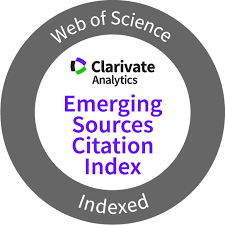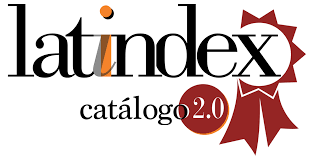Relacionamentos internos organizacionais: alguns apontamentos e implicações éticas/Organizational internal relationships: some notations and ethical implications
DOI:
https://doi.org/10.5783/revrrpp.v5i9.310Keywords:
Ética, Público interno, Relações Públicas.Abstract
Esse trabalho tem como principal objetivo compreender a função do profissional de Relações Públicas no âmbito interno organizacional à luz da ética. Para isso, conceitua-se a profissão e delimita-se a atividade do mesmo para perceber a sua importância no estreitamento de laços entre a organização e o público interno. Como metodologia utilizou-se pesquisa bibliográfica e entrevistas em profundidade com profissionais de diversas instituições, a fim de delimitar e entender o papel deste na comunicação interna, tendo como base o código de ética estipulado pelo Conselho Federal de Profissionais de Relações Públicas (CONFERP). Para essa análise empregou-se como base a Teoria do Agir Comunicativo de Jürgen Habermas (1989) e a teoria de James Grunig (2009). Conclui-se que o Relações Públicas possui uma função importante para a efetivação dos objetivos da organização e do seu público.
Downloads
Downloads
Additional Files
Published
How to Cite
Issue
Section
License
Authors publishing in this journal agree to the following terms:
a. Authors retain copyright and grant the journal the right to be the first publication of the work as licensed under a Creative Commons Attribution License that allows others to share the work with an acknowledgement of authorship of the work and initial publication in this journal.
b. Authors may separately enter into additional arrangements for non-exclusive distribution of the version of the work published in the journal (e.g., placing it in an institutional repository or publishing it in a book), with an acknowledgement of initial publication in this journal.
c. Authors are allowed and encouraged to disseminate their work electronically (e.g. in institutional repositories or on their own website) before and during the submission process, as it can lead to productive exchanges, as well as earlier and higher citation of published work (see The Effect of Open Access).




